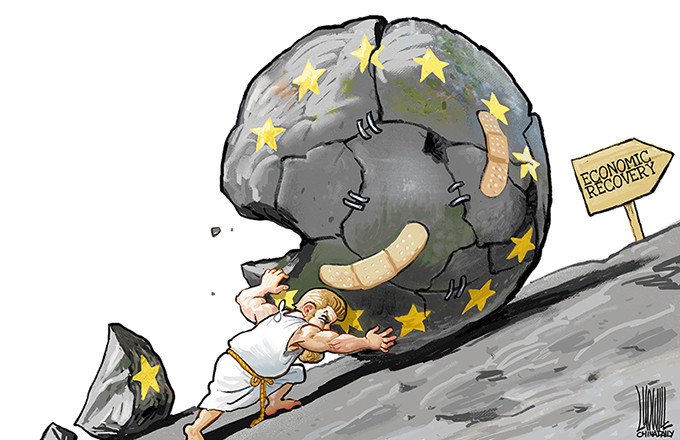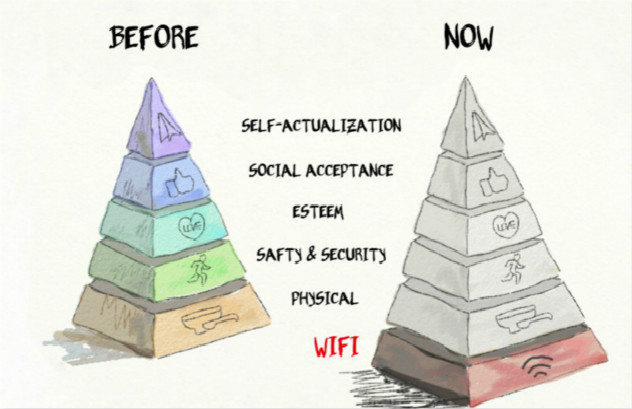Changing nature of urbanization
Demographic urbanization is the process in which migrant workers are gradually integrated into cities and enjoy a similar status as their urban counterparts. The existence of policy and system barriers that block their acquisition of an official urban identity has hampered efforts to release domestic demand.
Demographic urbanization will help China facilitate transformation and upgrading of its industrialization, and its push for its long overdue industrial structural adjustments. It will also cause the service sector to rise to 55 percent of the country's economic aggregate by 2020.
China should try to remove policy and system barriers and be more resolved to launch sweeping reforms in its controversial household, land and public service systems and press for innovations. It should set a definite timetable for the demolition of the entrenched dual urban-rural household registration system that was put in place in the late 1950s in the planned economy era and has ever since remained the biggest obstacle to rural residents enjoying equal public resources and welfare as urban residents do.
Raising the demographic urbanization ratio will not only create huge investment opportunities, it will also give a real boost to domestic demand. According to estimates, urbanization will result in additional consumption of 100 billion yuan ($16.13 billion) by 2020, which will constitute a solid prop for an anticipated 7 to 8 percent annual economic growth over the next decade.
China should also revise the relevant laws and regulations as soon as possible to give farmers property rights over their collective land so that they can benefit more from the transfer of land ownership. This will facilitate the transfer of rural land, promote larger-scale and more intensive agricultural operations and increase farmers' land revenues.
Practical measures should also be taken to promote the balanced development of services between urban and rural areas to prevent the marginalization of migrant workers in the country's network of pension, medical, housing and education welfare.
The author is president of the Hainan-based China Institute for Reform and Development.
(China Daily 05/10/2013 page8)



















